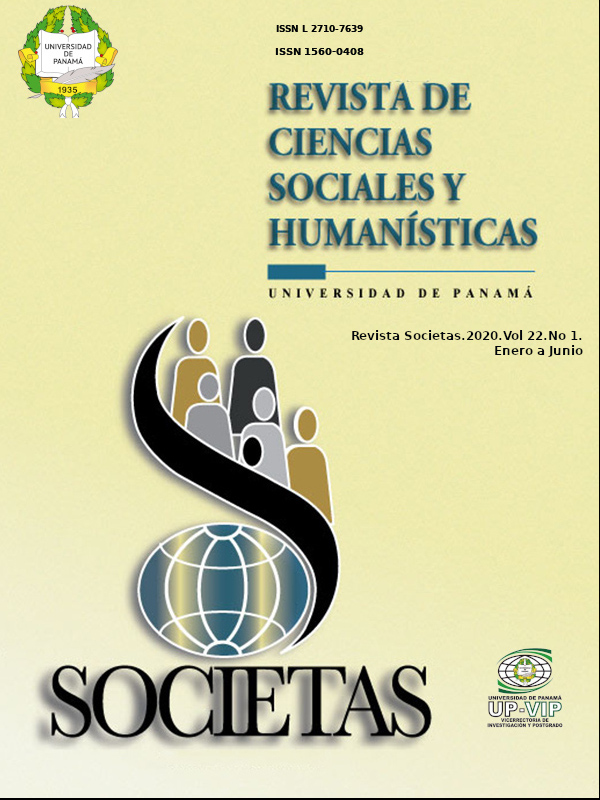

This essay intends to argue the pressing need to put education as the basis of the public agenda, understood as a tool for social transformation, improvement of the quality of life of citizens and consequently the social and economic development of a country; that minimizes, in addition, the marked social gap.
This point of view implies the consolidation of a public policy in education that responds to contextual interests and needs, and that guarantees the right to a decent education in conditions of quality, relevance and equity.
World experience indicates that rapidly developing and prosperous countries share a common characteristic: they take education seriously and invest appropriately in it.
We consider it important to maximize the organizational culture of the school, restoring autonomy, since it plays a mediating role in the implementation and success of educational change, promoting collaborative learning and the generation of learning communities.